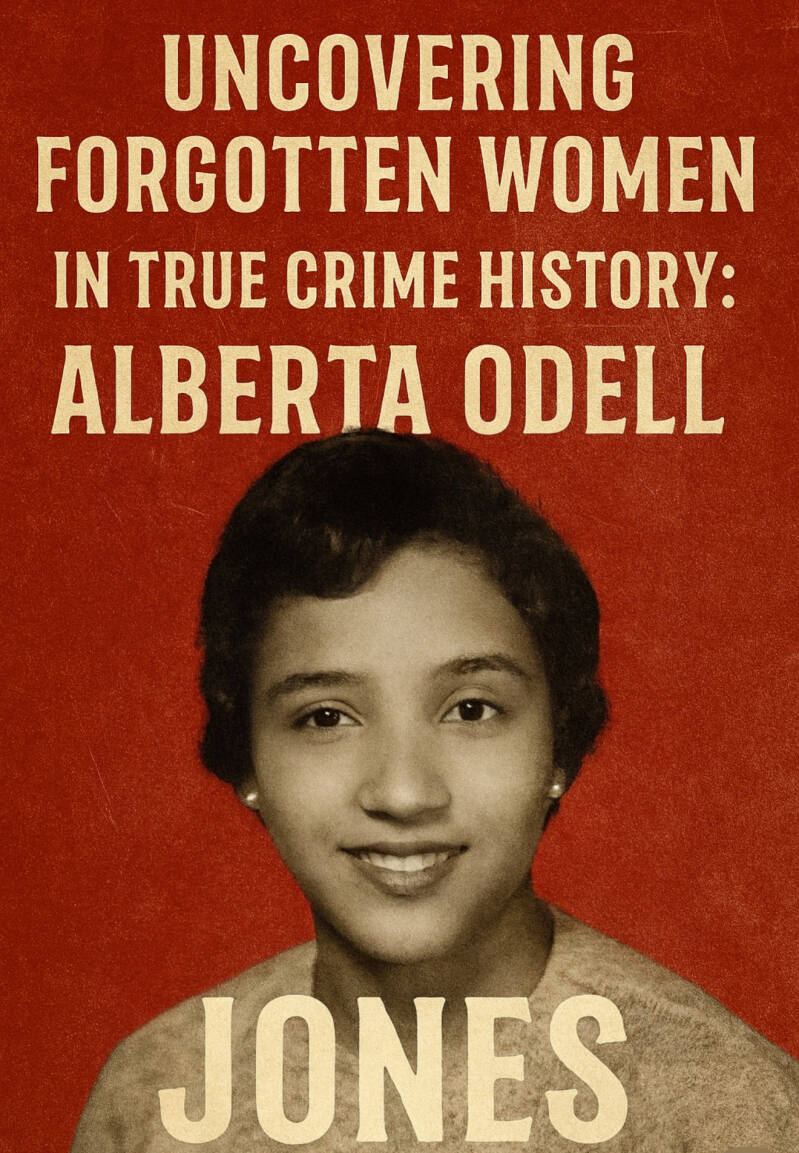
A Trailblazer in Law and Civil Rights
Alberta Odell Jones was born on November 12, 1930, in Louisville, Kentucky, to Odell and Sarah (Sadie) Crawford Jones. She graduated from Louisville Central High School in 1948 and attended Louisville Municipal College, which later merged with the University of Louisville during desegregation. Jones graduated third in her class. She then pursued a law degree at Howard University School of Law, graduating fourth in her class in 1959. During her time at Howard, she served on the staff of the Howard Law Journal and worked as a student counselor.
In 1959, Jones became the first African American woman to pass the Kentucky bar exam. She opened a law practice in Louisville, providing legal representation to African Americans with limited access to such services. Early in her career, she represented a young boxer who later changed his name from Cassius Clay to Muhammad Ali, introducing him to trainer Archie Moore of California. She also negotiated his first professional fight contract in 1960 and insisted that 15% of his winnings be held in a trust until he turned 35, with Jones serving as a co-trustee. Today, the contract hangs on the wall of the Muhammad Ali Center in Louisville.
Jones was appointed in February 1965 as a prosecutor in the Louisville Domestic Relations Court, becoming the first woman appointed city attorney in Jefferson County. She was also active in the civil rights movement, participating in protest marches in Louisville and attending the March on Washington in August 1963. Upon returning from Washington, she formed the Independent Voters Association of Louisville and was deeply involved with the Louisville chapter of the Urban League. She rented voting machines and taught African Americans how to use them to vote. She was also active in the National Association for the Advancement of Colored People (NAACP).
The Tragic End
Despite her accomplishments, Jones faced numerous threats due to her activism. On August 5, 1965, she was abducted and murdered in Louisville. Witnesses reported seeing men forcing her into a car on Magazine Street. Her body was found in the Ohio River, and an autopsy revealed multiple severe blows to her head before she entered the water. Her car was found several blocks from the Sherman Minton Bridge, containing blood, indicating a violent attack.
The investigation determined that she had been beaten unconscious with a brick, and witnesses recalled seeing a body tossed by three unidentified men from the bridge, where her purse was later found. Despite these leads, the case remained unsolved for decades.
Unsolved Murder and Systemic Challenges
Jones’ murder was one of six unsolved murders in the area that year. On September 28, 1965, a Courier Journal headline declared “300 Interviewed in Jones Murder,” and the article announced Police Chief William E. Bindner’s plan to increase police patrols in Louisville’s West End. However, the investigation stalled, and no arrests were made.
In 2008, the FBI matched a fingerprint found inside Jones’s car to a man who was 17 years old at the time of the murder. Two years later, prosecutors decided not to pursue the case, citing the deaths of key witnesses who later turned out to be alive.
In 2017, the case was reopened, funded by the Emmett Till Unsolved Civil Rights Crime Act, which provides $13 million annually to the Department of Justice, the FBI, and state and local law enforcement agencies to investigate and prosecute pre-1970 murders. Despite these efforts, Jones’ murder remains unsolved.

Legacy and Recognition
In October 2022, Louisville Central High School presented the first-ever Alberta O. Jones Award to Laura Rothstein, a retired University of Louisville law professor who helped start the high school’s law and government magnet program. The award is intended for those who have worked as hard as Jones to make their community a better place.
Jones is among four women who will be added to the Kentucky Women Remembered exhibit, located in the West Wing of the Kentucky State Capitol. Governor Andy Beshear announced this in November 2024, as recommended unanimously by a selection panel.
Reflections on Systemic Injustice
Alberta Odell Jones’ story is a poignant reminder of the systemic challenges faced by Black women, both in life and in death. Her murder, a heinous act that shocked the community, remains unsolved, highlighting the broader issue of how cases involving Black women often receive less attention and resources.
The disparities in how cases are handled underscore the need for continued advocacy and reform to ensure that all victims receive the justice they deserve, regardless of race or gender.
Add comment
Comments
This is such an important story about Alberta Odell Jones — thank you for sharing. Would you consider covering a case from Sri Lanka too? The Murder of Yvonne Jonsson in Rajagiriya is one that still weighs on my heart. I think it would be powerful to see stories like hers included alongside cases like this.
Someone has to know something. This does not sit right with me.